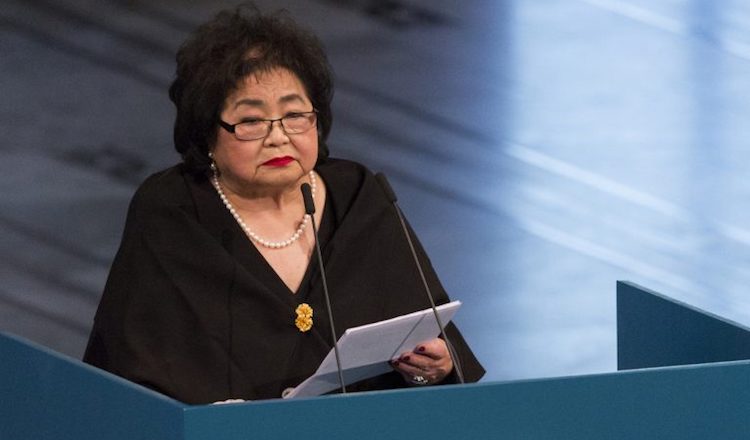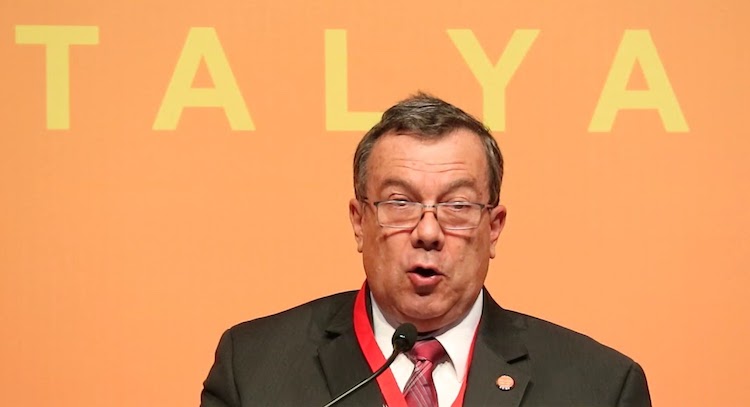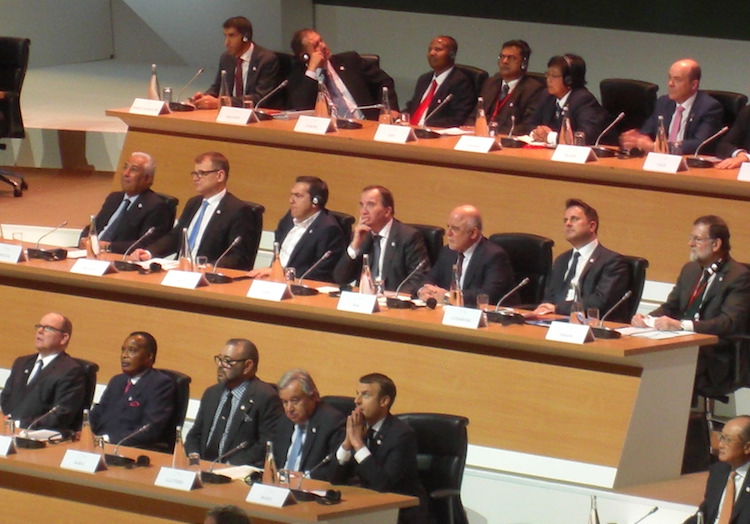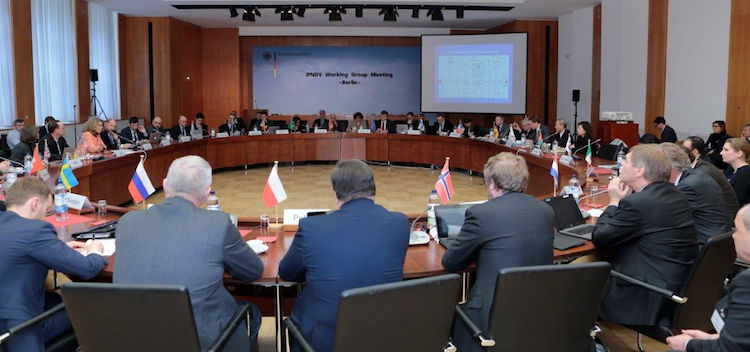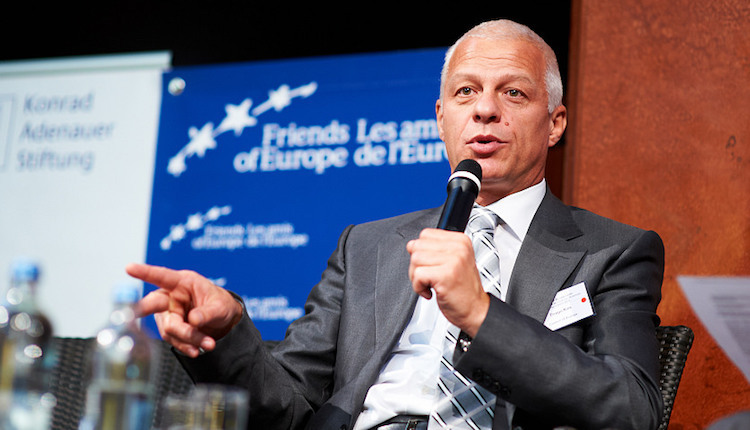By Martin Plaut* AMSTERDAM (IDN-INPS) – In 2015, Dutch professor and human rights advocate Mirjam van Reisen was interviewed by Dutch radio station ‘BNR Nieuwsradio‘ about people with ties to the Eritrean regime being employed as interpreters at the Dutch Immigration and Naturalisation Service (IND). Van Reisen is professor at the Tilburg University and Leiden […]
‘Listen To Our Testimony. Heed Our Warning’
By Setsuko Thurlow Setsuko Thurlow is a Japanese-Canadian nuclear disarmament campaigner who survived the atomic bombing of Hiroshima in 1945. She is a leading figure in the International Campaign to Abolish Nuclear Weapons (ICAN), which won the 2017 Nobel Peace Prize. Thurlow accepted the prize on behalf of the campaign at a ceremony in Oslo […]
Global Upturn Offers Prospects For Sustainable Growth
By J Nastranis UNITED NATIONS (IDN) – Despite an upsurge in world economic growth, which has reached 3 per cent – the highest since 2011 – very few least developed countries (LDCs) are expected to reach the Sustainable Development Goal target for GDP growth of “at least 7 per cent” in the near term (SDG […]
World Powers Trade Insults Over Rights Abuses in Iran, N. Korea
By John J. Metzler* This article is being reproduced with permission of WebPublicaPress, which carried it on November 28t, 2017 with the caption ‘UN Theatre of Absurd’. – The Editor UNITED NATIONS (IDN-INPS) – A key UN Committee has condemned Iran’s widespread use of the death penalty and has urged the Islamic Republic to eliminate “all […]
South-South Cooperation Complements North-South Coaction
By Ambassador Galo Yepez Ambassador Galo Yepez is Director of NGOs, Ministry of Foreign Affairs and Human Mobility of the Republic of Ecuador. Following are extensive excerpts from his statement on behalf of the Group of 77 and China at the High-Level Opening Ceremony of the Global South-South Development (GSSD) Expo 2017 on 27 November […]
One Planet Summit Spotlights Funding to Fight Climate Change
By A.D. McKenzie PARIS (IDN) – Financing is key in the fight against climate change, said delegate after delegate at the One Planet Summit in Paris December 12, and this meeting was all about the money: where to invest it and where not. The World Bank Group announced that it would not be financing upstream […]
Monitoring Dismantlement Key to Eliminating Nuclear Weapons
By Jamshed Baruah NEW YORK (IDN) – Since the United Nations General Assembly adopted on July 7, 2017 the Treaty on the Prohibition of Nuclear Weapons, urging the prohibition and complete elimination of the atomic arsenal, the question of verification and the dismantlement of nuclear weapons has acquired particular importance. Because there are several areas […]
Iran Deal ‘Key Strategic Priority’ for Global Security, Mogherini Tells Tillerson
By Kelsey Davenport Kelsey Davenport is director for nonproliferation policy at the Arms Control Association. This article was first published in their blog with the caption ‘Tillerson, Mogherini Meet Ahead of Key JCPOA Deadlines’. – The Editor WASHINGTON, D.C. (IDN-INPS) – EU foreign policy chief Federica Mogherini reiterated to U.S. Secretary of State Rex Tillerson […]
Trump’s Damning Move Raises the Stakes Over Jerusalem
Viewpoint by Jonathan Power* LUND, Sweden (IDN-INPS) – Poets as diverse as William Blake and Yehuda Amichai have sung the praises of the heavenly Jerusalem, a land without strife or rancour, war or bitterness, envy, acquisitiveness or hatred. Until last week and President Donald Trump’s decision to recognize Jerusalem as Israel’s de facto capital, Israel, Fatah, […]
Miles To Go Before Corruption Is Rooted Out
Viewpoint by Drago Kos Drago Kos chairs the OECD Working Group on Bribery. The following is his statement on the occasion of the 20th anniversary of the OECD Anti-Bribery Convention. Working with over 100 countries, the OECD is a global policy forum that intends promotes policies to improve the economic and social well-being of people […]


